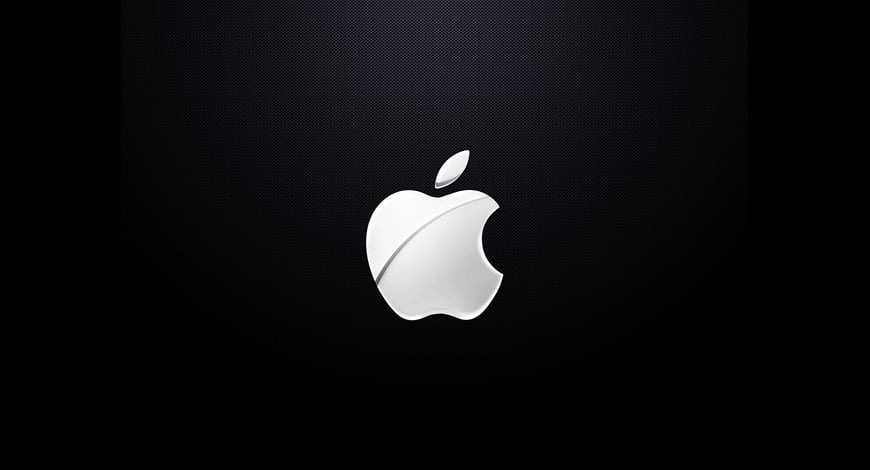Technology
Apple Faces Challenges as Barclays Downgrades Stock Amid Concerns of Weak Demand

Highlights
- Apple stock drops 3% to a seven-week low after Barclays downgrade on weak 2024 device demand concerns.
- Second brokerage to give Apple a “sell” rating, marking most bearish recommendations in two years.
- Apple’s 7% market weight drags S&P 500 down 0.4%.
- Concerns about China impact on Apple’s market share.
- Risks rising for Apple’s services business, under scrutiny for app store practices.
- Analysts still rate Apple as a “buy,” but it trades at a premium compared to S&P 500.
- $90 billion wiped from Apple’s market cap.
- iPhone 15’s lackluster performance cited, with anticipation of similar for iPhone 16.
- Investors watching closely for Apple’s response to challenges.
- Broader industry trends impacting Apple’s growth prospects.
In a recent development, Apple Inc. (AAPL.O) witnessed a nearly 3% decline, reaching a seven-week low, following a downgrade by Barclays. The downgrade is based on concerns raised by Barclays analysts regarding the anticipated weak demand for Apple’s devices, spanning from the iPhone to Mac, throughout the year 2024. This marks the second brokerage to assign a “sell” rating to Apple, signaling a growing wave of bearish sentiment towards the tech giant.
Downgrade Details
Barclays downgraded Apple from “neutral” to “underweight” and adjusted its 12-month price target down by $1 to $160. The move follows a trend of dwindling demand that Apple has been grappling with since early last year, coupled with subdued sales forecasts for the holiday quarter. The lackluster performance of the iPhone 15 and Barclays’ anticipation of a similar fate for the iPhone 16 further contributed to the downgrade.
China Woes and Services Business Risks
Barclays analyst Tim Long expressed concerns about the Chinese market’s impact on Apple, particularly with the resurgence of local competitor Huawei. Long also highlighted subdued demand in developed markets, indicating a broader challenge for Apple’s global market share. Additionally, the brokerage warned of escalating risks for Apple’s services business, which accounts for nearly a quarter of the company’s total revenue. This segment has come under scrutiny, especially in the United States, regarding app store practices.
Market Impact and Apple’s Weight on S&P 500
Given Apple’s substantial market weight of 7% in the S&P 500, the broader index experienced a 0.4% decline on Tuesday. Apple, which enjoyed a remarkable 50% surge in 2023, hitting a record high in mid-December, is now facing headwinds that are impacting its valuation. The downgrade by Barclays is expected to wipe out approximately $90 billion from Apple’s market capitalization.
Analyst Outlook and Valuation
Barclays’ downgrade has positioned Apple with its highest number of bearish recommendations in at least two years, according to data from LSEG. Prior to this, Itau BBA’s “sell” rating in July 2022 was the only bearish stance on Apple. Despite recent challenges, analysts, on average, still rate the iPhone maker as a “buy,” with a median price target of $200. However, Apple currently trades at around 28.7 times its 12-month forward earnings estimates, considerably higher than the S&P 500’s valuation of 19.8.
Apple finds itself at a crossroads as it grapples with weakening demand and increased competition in key markets. The recent downgrade by Barclays adds to the challenges faced by the tech giant, raising questions about its ability to sustain growth in the face of evolving market dynamics. Investors will closely monitor how Apple responds to these challenges and whether it can regain its momentum in the ever-evolving tech landscape.
Apple finds itself at a pivotal juncture as it grapples with challenges stemming from a recent downgrade by Barclays, primarily driven by concerns over weak demand for its devices. The downgrade, marked by a 3% drop in stock, adds to the growing bearish sentiment, impacting not only Apple’s market valuation but also contributing to a broader decline in the S&P 500. With specific concerns about China’s market, risks to the services business, and scrutiny over app store practices, Apple faces a multifaceted set of obstacles. Despite analysts maintaining an overall “buy” rating, the company’s premium valuation raises questions about its ability to navigate evolving industry trends and sustain growth. Investors will keenly observe Apple’s strategic responses and market manoeuvres as it endeavours to overcome these challenges in a competitive tech landscape.




















































